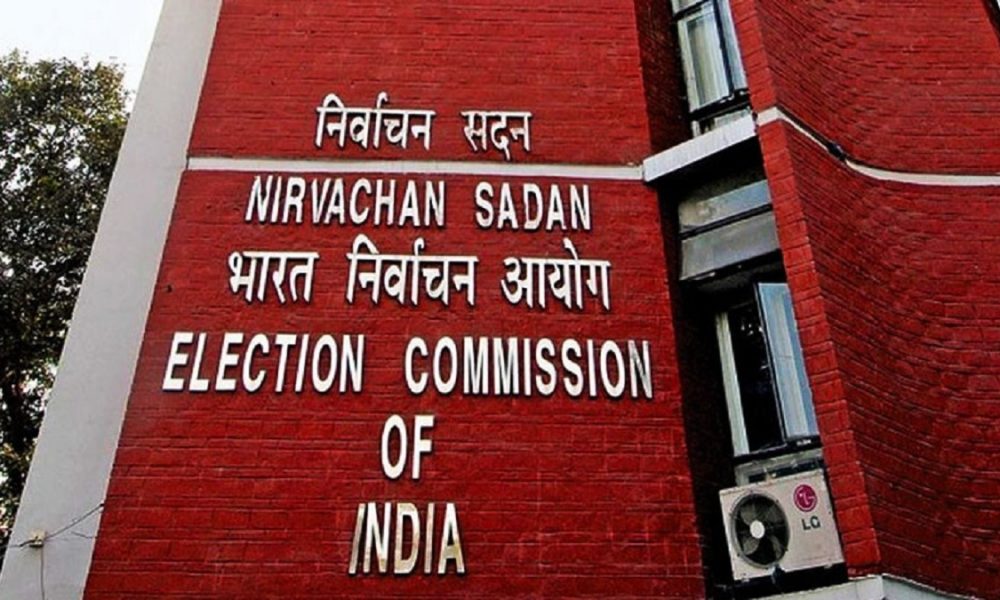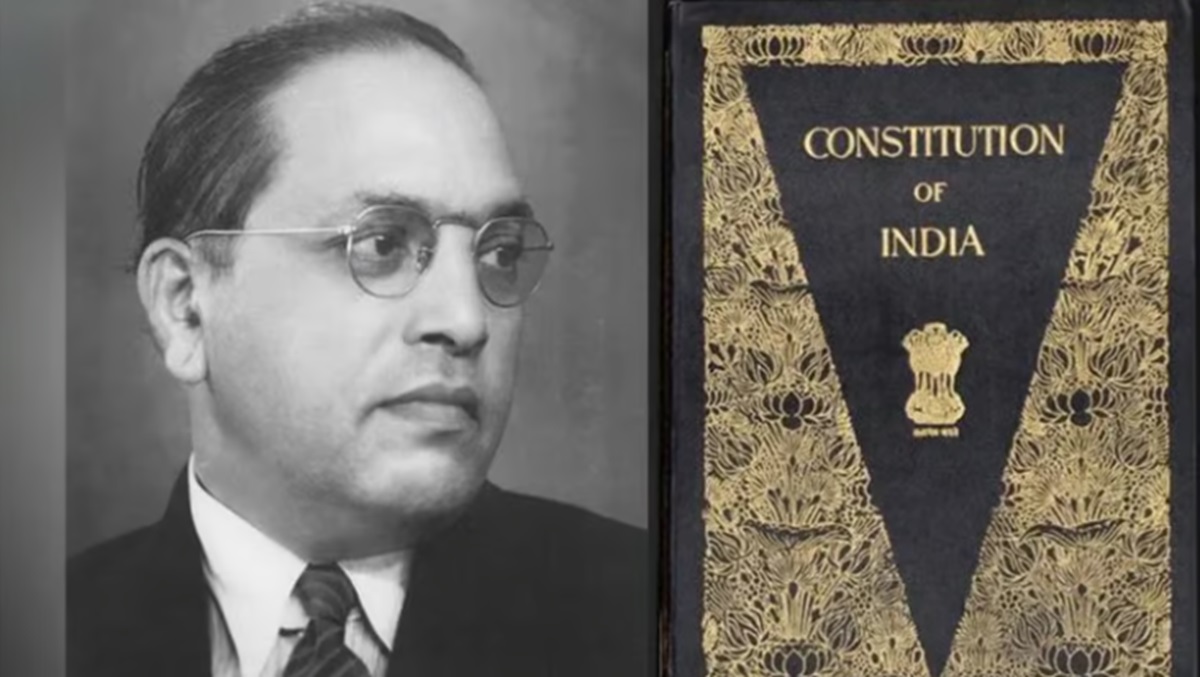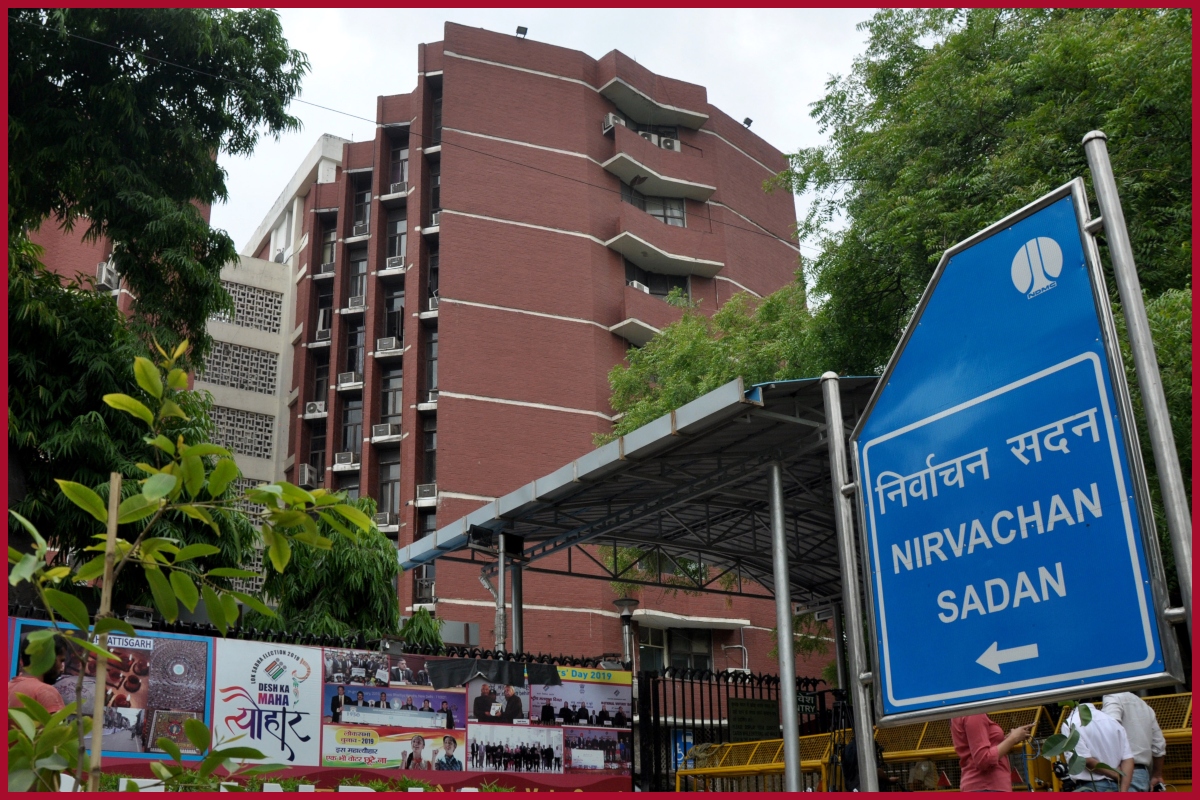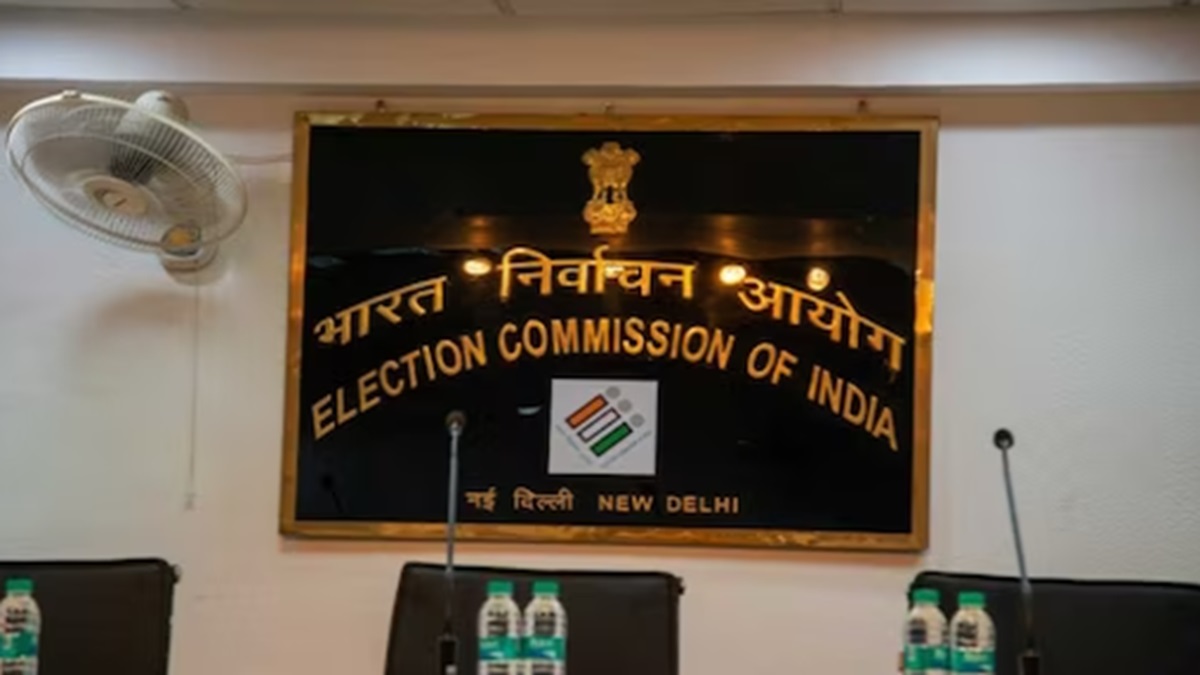
New Delhi: The self-government model of governance of the country as designed by the framers of the Constitution, mustn’t have visualized the sustainability of electoral democracy in India. It requires more than just dropping ballot papers in the ballot box kept at the polling booths. Essentially, unless there is understanding of the basics and fundamentals of our Constitution and its implementation in true sense, the edifice of democratic structure is bound to collapse.
Formation of the Government by conducting free and fair elections has been duly well knitted and encompassed in our Constitution, related laws and code prescribed. The Constituent Assembly entrusted this responsibility, solely and exclusively to the Election Commission of India (ECI). As being conscious of nature of duties, simultaneously gave ample powers and authority to discharge the gigantic task for a stable and duly elected government, as per well laid norms and principles. Our strength is the “Constitution of India”, but the ground realities, apparently and visibly are not in the direction as contemplated. The new emerging scenario with shifting of electoral proprieties and considerations do compel us to examine, how far the norms and principles continue to be adhered.
Basically, the framework of governance, suitable to Indian conditions, to meet the aspirations of the people, quite distinct from the British model or for that matter, any other form of government, was established.

Separation of respective roles and powers of various Constitutional authorities, a question of structural viability and dominance arose regarding the Election Commission of India (ECI), while drafting the Constitution. Pertinently the concern was, whether it should be a department of Executive or an independent Constitutional body. Overturning the initial proposal, Dr. B.R. Ambedkar, Chairman, Drafting Committee ensured ECI to be an independent Constitutional body, rather than a department of the Government. Consequently, a separate chapter, as “Part XV, Elections” under the Constitution was introduced. Conduct of elections was vested under the control of ECI. Wide powers for “Superintendence, Directions and Control” have been conferred under Article 324 of the Indian Constitution. Even the judiciary acknowledges such powers, which commensurate with the gigantic task assigned, however with a caveat that its exercise is to achieve ultimate goal to attain and sustain electoral democracy, in a society of diverse faith, traditions and belief. The ECI would’ve lost its independence and acted as a subordinate office of Government if Dr. Ambedkar’s wouldn’t have intervened. His contributions are paramount in the constitution of ECI and well appreciated as a step in right direction.
Conducting of elections by ECI, in consonance with the prescribed norms and relevant laws is a unique feature and responsibility to discharged. More importantly, uninterruptedly and uninfluenced elections, particularly by the Executive, is essentially to maintain purity of process and level playing field. The ECI is also empowered to deals with complaints to ensure conduct of fair polls and go to the root of unfair practices. However, the controversial question regarding the credibility of its decisions often becomes an issue in public domain.
Under the overwhelming powers of superintendence, directions and control under Article 324 of the Constitution of India, the ECI must ensure enforcement of laws of the land. In this regard the decision in T.M.A. Pai Foundation is most relevant. “India is not a theocratic State”, there is a strict “wall of separation” between the State and religion and the religious institutions. In India, the state is secular in that there is no official religion. Secularism is an unalienable segment of basic structure of Countries political system. In latest judgment of Abhiram Singh’s case, the Apex Court emphasised the thrust of Indian polity that religion can’t be mixed with politics. It’s incomprehensible that ECI is not aware of the constitutional decisions and their implications. There are catena of judgments dealing with use of religious symbol, attire, slogans etc. in election campaigns directly or tacitly, which can’t be dealt with in one go.

The ECI can’t ignore or overlook the Model Code of Conduct (MCC) which covers wide range of areas during campaign, which parties and candidates are bound to follow. Broadly, it prohibits use of Mosques, Churches, Temples or other places of worship and appeal to caste or communal feelings for securing votes. Parties or candidates can’t indulge to add to communal hatred or cause tension between different communities, religions and caste.
Criticism of other political parties must be on agendas relating to policies and programs and not aspects of private life.
In order to bind an elected representative to the Parliament or the Legislative Assembly, the Constitution under Article 84 (Parliament) and Article 173 (Legislative Assembly) provides for a mandatory requirement to submit an affidavit for his/her allegiance to the Constitution of India, and uphold its sovereignty and integrity, at the time of filing of the nomination. This solemn affirmation cannot be termed to be a routine exercise. Any failure to submit the affidavit, a candidate would be debarred to contest at the threshold. This can’t be treated as a routine formality but a solemn commitment to abide by Constitutional principles and values. This apart there are requirements for disclosure of assets and pendency of criminal cases, in a prescribed performa of affidavit. The question is whether such a nominee has the audacity to not adhere to the Constitutional values and its ethos.

The nature of duties entrusted to the ECI, has great relevance to the manner of appointments of ECI. The Apex Court actually addressed and made significant observations, on the manner of appointment of Sh. Arun Goel, as one of the Commissioners, in a team of 3, where majority decision prevails. Not very common, the Court found that his files were cleared in haste, “tearing hurry” with “lightning speed”, in a single day. An IAS officer of 1985 batch got VRS in a single day, Law Ministry put up a panel of 4 to the PM and got nod of the President within 24 hours. In this background, the Apex Court observed “CEC should be insulated and needs to be independent and persons of character”. Another pertinent observation was “exploitation of silence of the Constitution”, “and the absence of law for appointments”, a “disturbing trend”.
The ECI can’t be expected to function under the thumb of executive, in discharge of Constitutional responsibilities. Constitution Bench, in view of the role of ECI in electoral democracy and need for institutional integrity to act as an independent Constitutional body, gave directions to include the Chief Justice of India (CJI), as a part of Select Committee, but this doesn’t find place in the draft Bill.
One can’t be oblivious of the observations made by Justice, Ajay Rastogi, who was a Member of the Constitution Bench, and categorically reminded that the ECI must demonstrate highest degree of transparency and accountability. The onus is on the ECI not to take arbitrary decisions, to obviate being bias and create fear in the mind of common citizens that the democratic process is being compromised. Further observed “as a Constitutional Court of the world’s largest democracy, we cannot allow the dilution of people’s faith in democratic institutions. The Country gained and adopted democracy after decades of struggle and sacrifices, and the gains received by us cannot be given away because the institutions still continue to operate in an opaque manner”.

For expenditure and transfer of money, ECI has introduced adequate machinery and mechanism to monitor including mathematical calculations of distribution of expenditure amongst party candidates. A power, perhaps never used so far is so drastic that even an elected Candidate can be disqualified in the event he/she fails to lodge accounts of expenditure within time and in the manner required under the Act which means correct statements, u/s 10A of Representation of the People Act 1951.
ECI being an icon of electoral democracy has to discharge greater responsibility, above all odds for sustainable democratic polity or else, the system is hijacked, at the peril of democracy.




